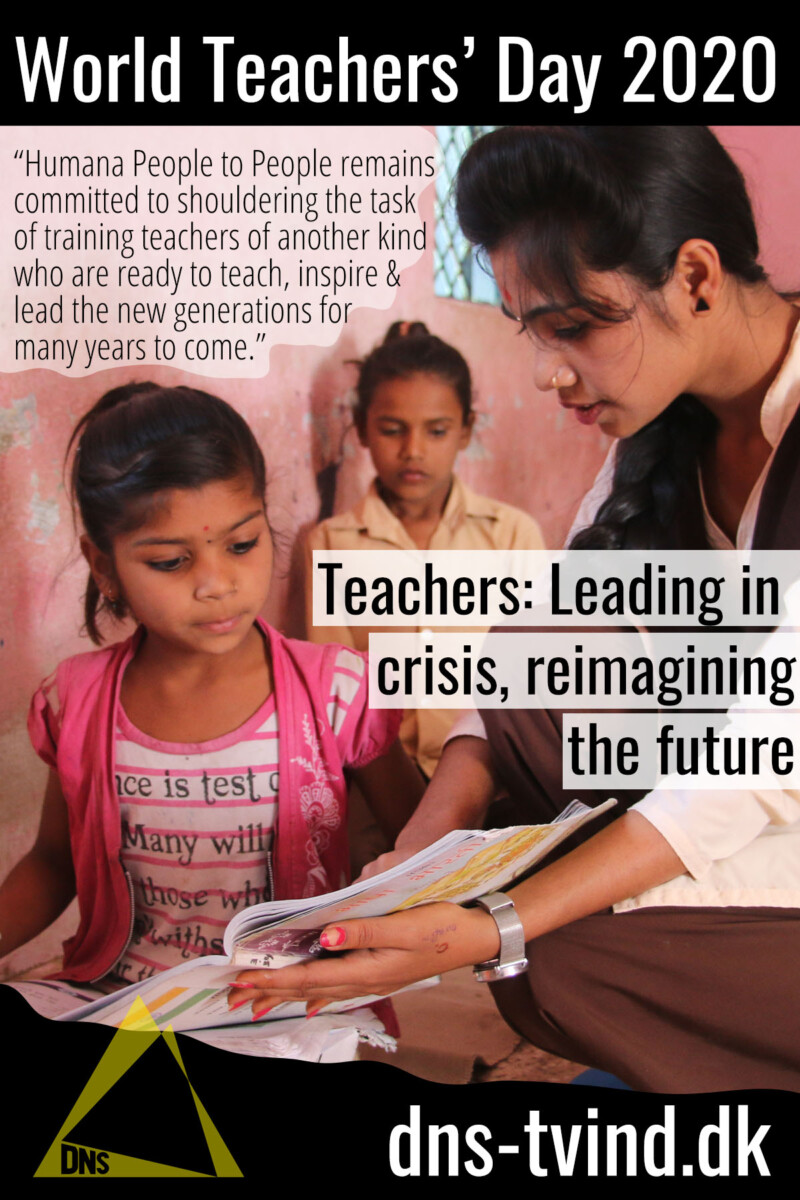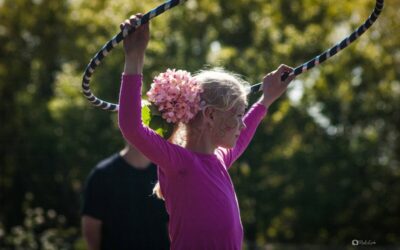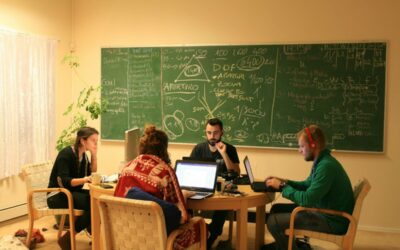Teachers: Leading in crisis, reimagining the future
For this year’s World Teachers Day on 5 October, we share an article from Humana People to People about education amidst the pandemic, the teachers’ role as leaders and the worldwide DNS movement which our college is part of<.
DNS Tvind pioneered the idea of a Necessary Teacher Training College in 1972 and has inspired an additional 49 teacher training colleges in Southern Africa and in India. Most of the schools are ran by members of the Humana People to People federation and share values and pedagogical ideas.
Celebrating teachers amidst a strenuous pandemic
In 2020, World Teachers’ Day is being celebrated amidst a strenuous COVID-19 pandemic which has affected the education sector globally. In 2020, the world honours and celebrates the remarkable work done by teachers under the theme “Teachers: Leading in crisis, reimagining the future”.
World Teachers’ Day unveils an opportunity to celebrate the teaching profession worldwide and take stock of achievements made, drawing attention to the voices of teachers, who are at the heart of efforts to attain the global education targets to support billions of learners to access education – a basic human right.
The 2030 UN Sustainable Development Goal 4 focuses not only on access to education, but inclusive and equitable education, promoting life-long learning opportunities for all. World Teachers’ Day 2020 provides a unique opportunity to spotlight the role of teachers in leading during crisis, building resilience and shaping the future of education.
Training Another Kind of Teachers Worldwide
For the past 27 years, Humana People to People has been training primary school teachers who are committed to practice their profession in some of the remotest communities on the African continent and in India. The first Humana People to People Teacher Training College started in Maputo, Mozambique in 1993.
Currently 49 Teacher Training Colleges train 12.500 primary school teachers each year. More than 5.000 primary school teachers graduate every year in Mozambique, Angola, Malawi, India, Guinea Bissau, Democratic Republic of the Congo and Zambia. Since inception of the programme in 1993 more than 49.000 teachers have been trained.
Capacity building in a collective setting
Inspired by the experiences and ethos of DNS The Necessary Teacher Training College in Denmark, Humana People to People developed a Teacher Training Programme which is driven by the desire to unleash each student/learner’s potential in the whole process of capacity building. Humana People to People’s pedagogy is characterised by creating a space for students of all ages to be the drivers and navigators of their own training, in a collective setting where studying together and individually go hand in hand.
Exploring the reality of life and using what is learned to influence that reality are essential recognisable elements cutting across practical as well as academic studies.
Some of the pedagogical principles used can be found here.
Training includes handling complexities and challenges
Graduates from Humana People to People Teacher Training Colleges are responsible for the complex and demanding task of delivering good quality teaching. They are trained to manage and convey the curriculum, know each and every student, engage with parents and colleagues, and adapt the teaching to suit students’ needs, school conditions and the community environment.
Through a varied and challenging programme, student teachers are trained to be dynamic community members, and are well connected to parents, colleagues and others in the community. Their training equips them to handle complexities and challenges confronted.
The impact of COVID-19 on education
COVID-19 has had a staggering impact on education and the teaching sector worldwide, leading to the near-total closures of schools, universities and colleges. Most governments have temporarily closed educational institutions in efforts to contain the spread of COVID-19. As of September 2020, approximately 1.277 billion learners are currently affected due to school closures in response to the pandemic.
The ripple effect of students falls on teachers, with many teachers still affected by the impact of COVID-19 pandemic. With colleges closed following national government imposed emergency lockdowns, education routines were cancelled and curriculum disrupted, heavily affecting the teaching sector. The closures pose unprecedented challenges as they are likely to exacerbate the global learning crisis, adding to global education inequalities.
Teachers respond to the COVID-19 challenges
Teacher leadership in relation to crisis response becomes critical in terms of the contributions teachers make to provide remote learning, support vulnerable populations, re-open schools, and ensure that learning gaps have been mitigated.
As witnessed in most of Humana People to People Teacher Training Colleges, adaption and mitigation measures were formulated. Thus virtual learning options were established to keep the student and teacher in constant communication. For others, pre-arranged homework plans were developed and agreements put in-place for supervision, feedback and new assignments.
Graduated HPP teachers stick together in self-organised networks
Humana People to People went a step further by creating support mechanisms for its graduated teachers to create linkages, share best practices and continue exploring new education approaches relevant to increasing demands in the daily work of teachers. The Network of Graduated Teachers is a pillar of strength to scores of practicing teachers who work in remotely located communities-
As such, teachers organise themselves in core groups and meet once a month. They discuss challenges faced, formulate solutions, and present breakthroughs in classroom teaching and school management initiatives. The continuous training approach of the Network of Graduated Teachers is linked to a Humana People to People Teacher Training College and the national department of further education at district level for building synergy and co-creation.
Stepping up in time of crisis
Leadership qualities acquired by the teachers graduating from Humana People to People Teacher Training Colleges has seen some teachers assuming influencing decision making positions at the schools they are assigned. In Malawi, George Mhango and Henry N’gombe are two former graduates who have become a deputy headmaster and a district sports organising chairperson respectively for the Blantyre rural district.
Their resourcefulness and ability to organise communities to engage in school development as well as dealing with existing social challenges hampering community development are commendable.
A call to increase global education funding
Investing in education is investing in people, in the community and in the nation. It is our collective effort therefore to ensure innovative ways to acquire and sustain education funding in order to achieve equitable and quality education. Increasing the number of qualified and motivated teachers, to deal with the global learning crisis can last for several generations, and make a tangible difference, especially for the disadvantaged.
Humana People to People remains committed to shouldering the task of training teachers of another kind who are ready to teach, inspire and lead the new generations for many years to come.
In 2020, World Teachers’ Day is being celebrated amidst a strenuous COVID-19 pandemic which has affected the education sector globally. In 2020, the world honors and celebrates the remarkable work done by teachers under the theme “Teachers: Leading in crisis, reimagining the future”.

The DNS programme (Necessary Teacher Training) in India has trained more than 10.000 Teachers.
New teachers needed in the World by 2030

Student experiences: “Learning about Gamification in Adult Education”
In order for gamification in adult’s education to work, educators should resort to strategies such as promoting fun and engaging activities whilst creating a safe and supportive learning environment.
Transforming Education with these 5 unconventional Teaching Methods
These are five unconventional teaching methods – or learning, if you prefer – drawn from the experience of our Bachelor Programme in Alternative Education. We hope they’ll inspire you to approach learning for what it is – an engaging and fulfilling activity, at its core.



